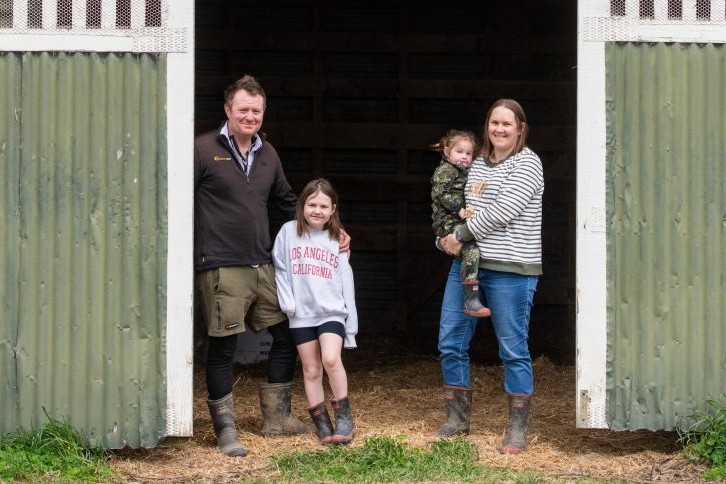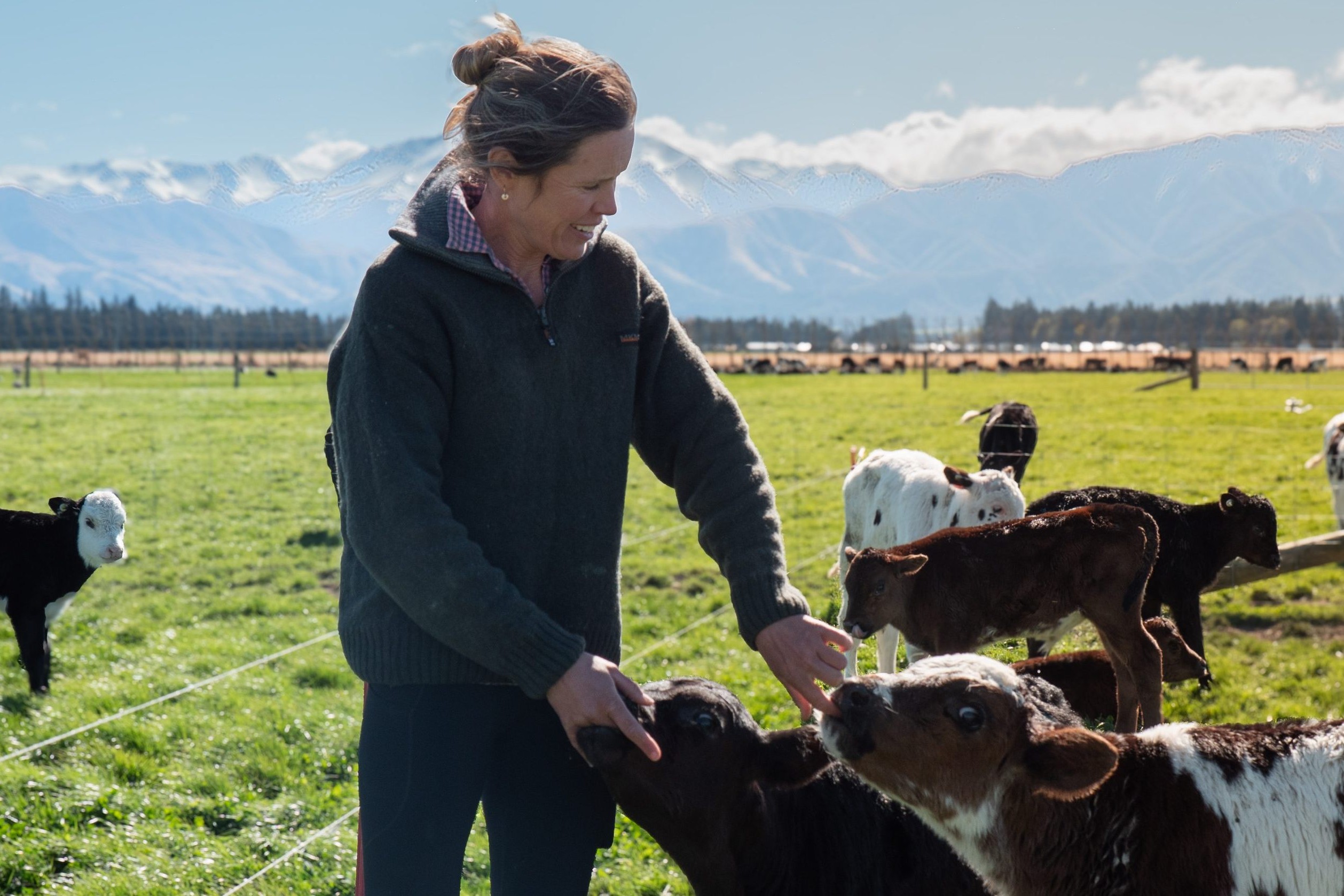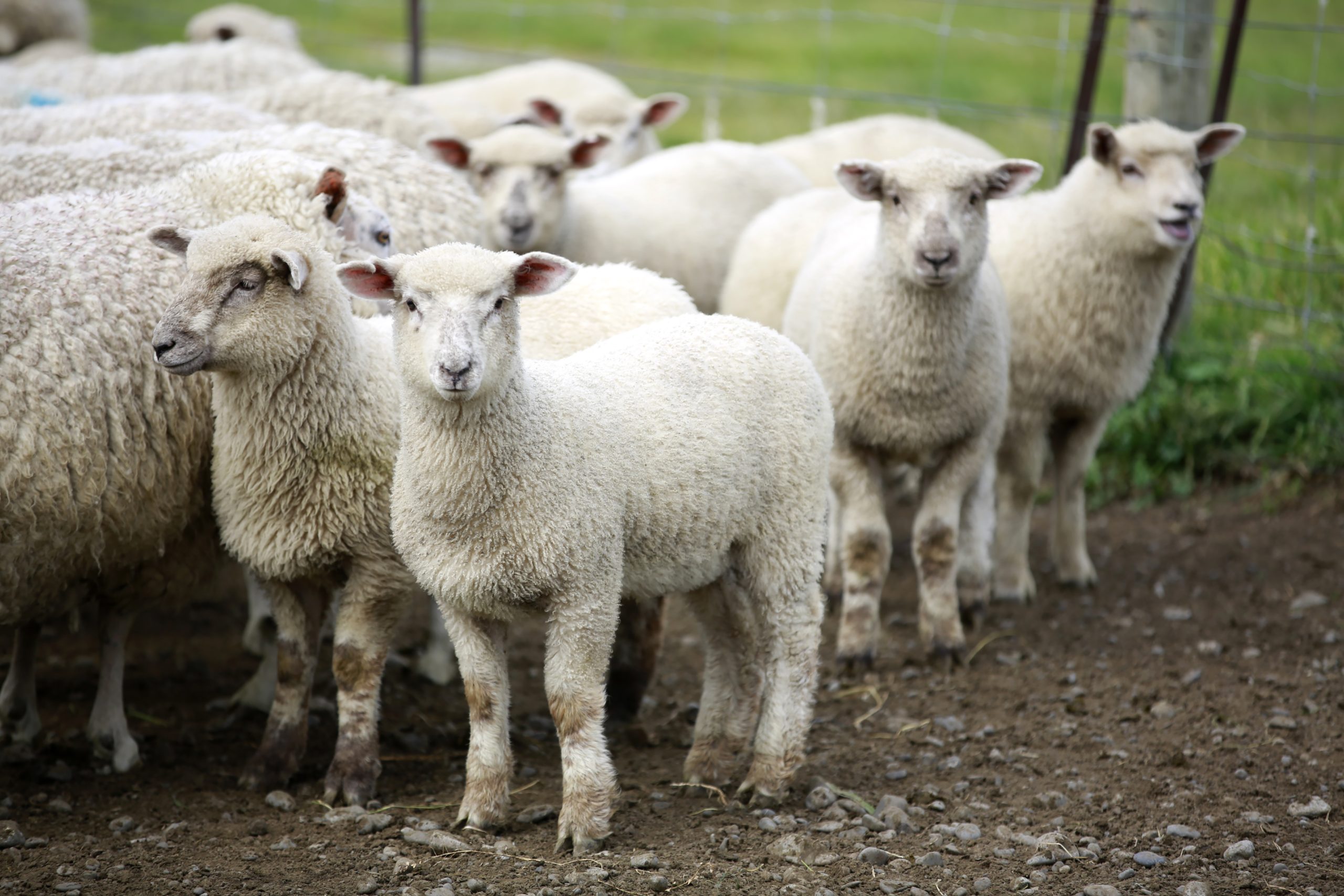Working dogs are often a critical part of a successful farming operation. They’re always eager to work and never complain about the long hours. But this enthusiasm can make it easy to forget that, like any elite athlete, they need and deserve the best possible care to keep them working at their best. A little prevention can go a long way to keep your team working at the top of their game. Contact your vet and arrange for your dogs to have a spring WOF before they head into the busy summer months.
Worming
A regular worming programme is fundamental for your dog’s health, and a critical part of a sheep measles prevention programme to prevent downgrading of sheep carcases at the works. Head to sheepmeasles.co.nz for more information, but in summary, the ingredient praziquantel should be given monthly, and an ‘all wormer’ every three months. Most rural vet clinics offer monthly delivery of working dog wormers, so give them a call to see how they can help.
Flea and mite treatment
The TeamMate study of more than 600 working dogs in the lower South Island found that 25% of these dogs had a skin issue when examined by a vet.
Tasty monthly chewable tablets effectively kill fleas fast and prevent reinfestations. They will also kill ticks, itchy ear and mange mites that can all cause skin issues and keep your dogs from performing at their best.
Vaccination
An outbreak of canine cough at mustering can slow your dogs down and may mean you have to get the job done without your full team. Every summer we hear of farmers affected by outbreaks at the worst possible time, who wished they’d vaccinated to reduce the risk of infection and serious illness. You might think your dogs can’t be infected as they never leave the farm, but other dogs coming on to the farm present a risk for canine cough – like the mother in law’s dog who visits regularly, contract shepherds, visiting hunters, the list goes on! Call your vet to discuss annual canine cough vaccination for your dogs. Your vet will likely recommend vaccination against potentially fatal diseases such as parvovirus (parvo), distemper, hepatitis and leptospirosis.
Arthritis
Working dogs are your farm’s endurance athletes, travelling an average of 20km a day. Many farmers are familiar with the discomfort of stiff, sore, arthritic joints in their own bodies. Arthritis is very common in working dogs; the TeamMate study showed 42% of working dogs had a problem with their musculoskeletal system, mostly the hip and knee joints. Dogs with an abnormal range of motion in their joints are 3.3 times more likely to be dead or retired the next year than those with no problems. It’s easy to think working dogs with arthritis are just getting cheeky as they age. Some may limp, but many will simply change their behaviour to cope with the pain. You might notice they are more reluctant to work, don’t want to jump on or off the ute like they used to or refuse to go under/over fences. Talk to your vet about managing their pain and getting them back to their top-dog performance.
- Keara Brownlie is a vet with Zoetis.





